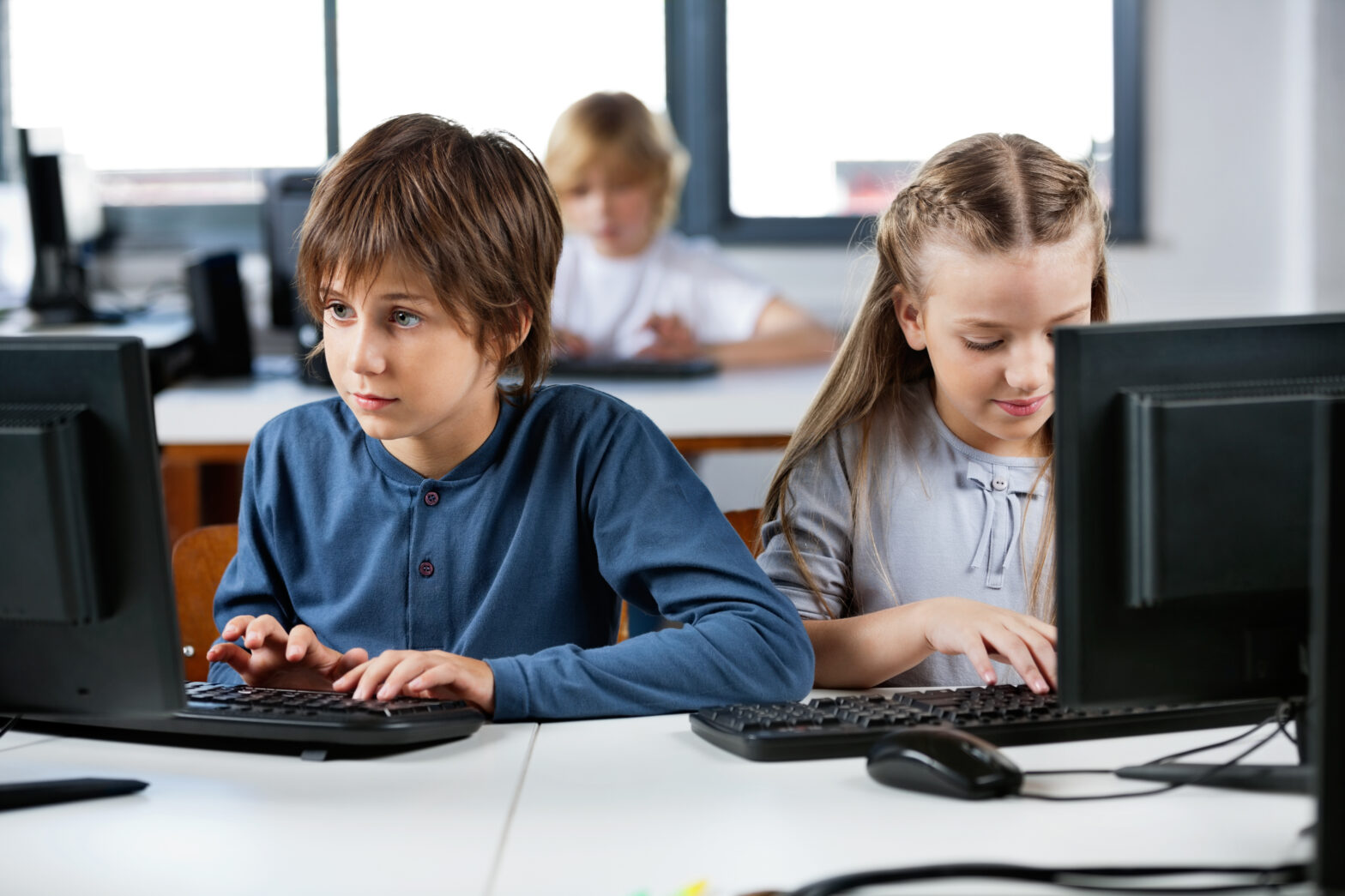More than 45,800 primary school pupils across Scotland have benefited from a pioneering education programme to boost youngsters’ computing skills.
The Barefoot Computing project, which has now reached more than one million pupils UK-wide, helps primary school teachers get to grips with computing so that they can better help their pupils.
Led by BT and the British Computing Society, Barefoot offers free teaching-resources and volunteer-led training workshops, designed to help primary school teachers get confident when teaching computer science and computing skills.
>See also: The next generation of programmers: Singapore’s digital skills drive
It is making a big impact across the UK with over 130,000 resources downloaded and more than 35,000 teachers using those resources.
The 45,800 Scottish school children reached by the programme to date go to schools in 28 local authority areas from Shetland to Scottish Borders, and include around 8,900 in Glasgow; 6,500 in Fife; 7,300 in Aberdeenshire; 1,900 in the Highlands and 2,500 in Dundee.
Brendan Dick, director of BT Scotland, said: “Computing is a vital skill for Scotland’s future. For the individual, it opens the door to a world of possibilities. Businesses and organisations of all types and sizes rely on this technology, whilst households use it for online learning, research and entertainment.”
“Across Scotland, BT volunteers are running workshops at schools the length and breadth of the country, giving teachers the confidence to teach computing to young people. Those skills will undoubtedly be used to successfully navigate a whole host of real-world challenges as they go through life.”
Barefoot was created in response to concerns that many young people today are passive consumers rather than active creators of technology – and risk being left behind.
>See also: 2017: the year of data literacy?
Findings from research company Ipsos MORI and BT showed how important it is for the UK to step up its efforts on primary school tech literacy.
78% of primary school teachers think tech literacy is as important as reading and writing, while 75% strongly agreed it’s their job to prepare pupils for a digital world. Only 25%, however, strongly agreed they felt able to do that. Barefoot is designed to address that need.
Stuart Clyde, head teacher of The Community School of Auchterarder, which hosted the launch of the Barefoot programme in Scotland last September, said: “We were delighted to be chosen as the launch venue for Barefoot in Scotland. From the moment the children laid hands on the Beebots they were hooked. Teachers, too, felt their confidence in delivering computer science increasing very quickly.”
“As we progress with the Barefoot Programme and resources, we are looking forward to raising the profile of STEM subjects throughout the school and empowering our young people by gaining the vital skills they need to take their place as 21st Century learners.”
>See also: HP opens UK learning studios to tackle the digital skills gap
Liz Williams, BT’s director of tech literacy, said: “BT is delighted Barefoot has reached this major milestone, because we know that the next generation’s life chances will be improved by being able to thrive in the digital world.”
Barefoot is part of BT’s Tech Literacy ambition and forms part of the long-term commitment by BT, unveiled in 2015, to help build a culture of tech literacy for the nation, reaching five million young people by 2020.










